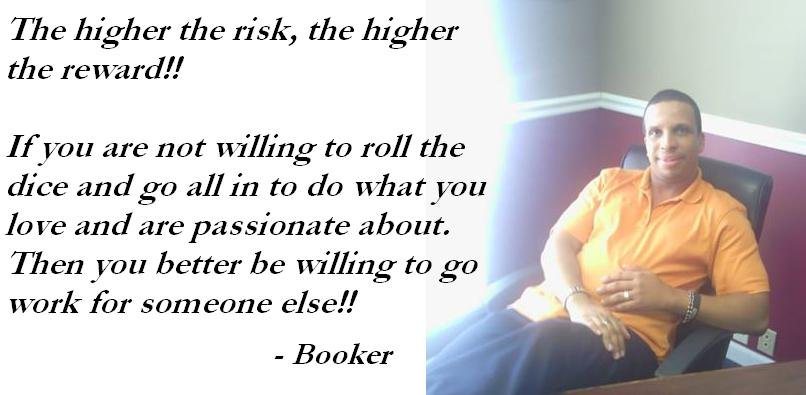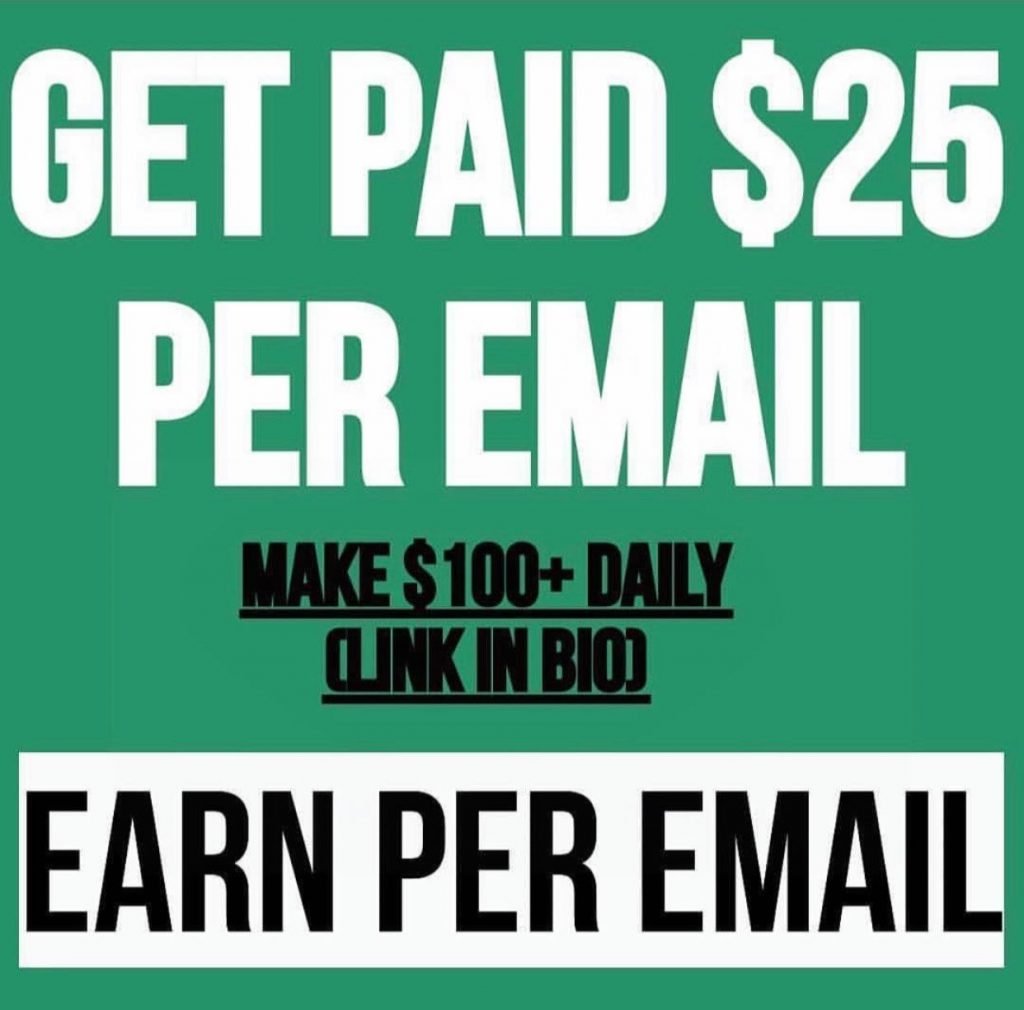Is it possible to make real money as a blogger?
If you’re looking to make some extra money aside from your full-time job, or if you’re interested in making a full-time income working online working from home, blogging may seem like a dream come true.
Or… it could seem like a hyped-up fantasy that’s not really possible.
I’ve been working online since 2016, and full-time since 2017. Over the past years I’ve made more than $1 million thanks to my blogs. After working as a blogger for so long I can tell you that it is possible to make a good income with a blog.
But the truth is, building a successful blog takes a lot of work and some patience. The same can be said about any type of business. No business is easy or else we would all be doing it. In this article I want to talk about a few things that have been key in allowing me to make money with blogs.
Keys to My Blogging Growth
The things mentioned in this article are based on my own personal experience. Some bloggers take different approaches. I’m not saying my way is right or better, but I do want to share what has worked well for me because maybe it will resonate with you.
Before I get into the details I want to mentioned that I’ve had many blogs over the years. Some have been successful and made money, others didn’t get enough attention and never really went anywhere.
The money I’ve made over the years has come from several different blogs, including the price I got for selling the blogs when I was ready to move on (more about that later in the article).
→ Related reading: How to Start a Blog (Step-by-Step)
1. Long-Term Approach
When I started blogging a few years ago I wasn’t looking for a way to get rich quick. I realized it would take a long time and a lot of effort for me to achieve the same type of success that I saw others having. I committed myself to building my first blog into a full-time income, but it took about 1.5 years of constant work, on top of a full-time job as a web designer, in order to get to that point.
The hardest stage of blogging is the beginning when you have to build an audience and traffic from scratch. When you launch a new blog it’s natural to be excited. You’ve got a lot of great ideas that you want to share, and blog posts that you know people will love. But then you publish the post and nothing happens. No comments. No social media shares (aside from your own). And hardy anyone even visits the blog.
That excitement usually turns to disappointment pretty quickly. And if the disappointment sticks around for a while you probably give up on the blog.
If you’re launching a new blog and starting from scratch it’s extremely important that you have realistic expectations. If you know that it’s going to take a while to really make progress and that you’re going to have to put in a lot of work up front without really seeing any results, you’ll be in a better position to avoid disappointment and you’ll be prepared to have patience. By keeping your focus on the long-term pay off you can fight through the challenging first few months when it seems like on one cares about your new blog.
During my first year or so of blogging I was really active networking with other bloggers in my niche. I commented on other blogs. I wrote guests posts all the time. I was active on social media. And I would even randomly reach out to bloggers just to introduce myself and make connections. The networking aspect helped me a ton with getting links, social media shares, comments, and to find guest post and paid freelance writing opportunities.
I was also able to talk to other bloggers about the challenges of growing a blog. Some of those bloggers had a long-term focus and I could tell they were going to be successful.
Others were doing really well from my perspective. Their blogs were filled with good content and traffic was slowly but steadily increasing. But for some of them, things weren’t happening as quickly as they expected, and they gave up. In my opinion, most of them gave up before they gave it enough time to know if their blog truly was a success or a failure.
The biggest lesson here is that if you start off with a new blog and you’re expecting big things quickly, you’re going to get burned out or disappointed and you’re likely to give up.
On the other hand, if you’re willing to accept the fact that you’re going to have to work consistently for a while even without seeing any significant results, you’ll be set up for a better chance at success.
Although it almost always takes a while for a new blog to take off, once it starts to grow things can really happen quickly. You can be plugging along with only slow growth for a long time, and then you turn a corner and traffic & profit start to increase very quickly. At that point you may even be able to cut back on the hours that you spend working on the blog and still see your income grow.
The chart below is a good representation of the growth of many successful blogs. There is slow progress for a while, and then a quick upward turn.
2. Multiple Blogs
I’ve made a decent amount of money blogging, but it’s come from several different blogs. I’ve had many blogs and websites over the years, but 99% of my income has come from a total of 5 different blogs. Four of them I have sold, and I still own the 5th.
There are plenty of successful bloggers out there who put all of their effort into one blog and it’s worked out very well. That’s not the approach I’ve taken. I didn’t set out from the start to have a lot of different blogs, and I usually have no more than two active blogs at any point in time. But as I got new ideas and saw opportunities I would start new blogs.
In several cases I was able to use one of my existing blogs to springboard a new blog due to a crossover in the target audience. Once you have a successful blog and an established audience, there are a lot of possibilities to leverage that audience by starting a new project. It doesn’t have to be another blog. It could be an e-commerce site, a service-based website, or anything else that your audience might be interested in.
Before I sell a website I typically try to think about how I could use that site and its audience to get a new project off the ground quickly. If I have a good idea for a new blog or website I can get that started before selling the other site.
3. Worked in Popular Niches / Industries
If you want to start a new blog and you’re trying to decide what you should write about, you probably see a lot of conflicting advice. Niche websites are very popular, especially for affiliate marketing. Most niche websites and blogs are created to target a very specific niche audience rather than a wide audience. For example, instead of starting a general fitness blog that would cover all aspects of health and exercise you could start a blog for marathon runners.
Most people who run successful niche websites do a lot of keyword research to find low competition keywords that will make it easier for them to get to the top of Google’s search results. The idea is, by focusing on a specific niche and long tail keywords you can avoid a lot of competition and achieve success easier.













21 responses to “How I’ve Made Over $1 Million Blogging”
I wanted to thank you for this good read!! I absolutely loved every bit of it. Ive got you bookmarked to check out new things you postÖ
Your point of view caught my eye and was very interesting. Thanks. I have a question for you.
Can you be more specific about the content of your article? After reading it, I still have some doubts. Hope you can help me.
I don’t think the title of your article matches the content lol. Just kidding, mainly because I had some doubts after reading the article.
Thanks for sharing. I read many of your blog posts, cool, your blog is very good.
Can you be more specific about the content of your article? After reading it, I still have some doubts. Hope you can help me.
Thanks for sharing. I read many of your blog posts, cool, your blog is very good.
Your article helped me a lot, is there any more related content? Thanks!
Can you be more specific about the content of your article? After reading it, I still have some doubts. Hope you can help me.
Your article helped me a lot, is there any more related content? Thanks!
Thanks for sharing. I read many of your blog posts, cool, your blog is very good.
Can you be more specific about the content of your article? After reading it, I still have some doubts. Hope you can help me.
Can you be more specific about the content of your article? After reading it, I still have some doubts. Hope you can help me.
Your point of view caught my eye and was very interesting. Thanks. I have a question for you.
Your point of view caught my eye and was very interesting. Thanks. I have a question for you.
Thank you for your sharing. I am worried that I lack creative ideas. It is your article that makes me full of hope. Thank you. But, I have a question, can you help me?
Thank you for your sharing. I am worried that I lack creative ideas. It is your article that makes me full of hope. Thank you. But, I have a question, can you help me?
Can you be more specific about the content of your article? After reading it, I still have some doubts. Hope you can help me.
Your point of view caught my eye and was very interesting. Thanks. I have a question for you.
I don’t think the title of your article matches the content lol. Just kidding, mainly because I had some doubts after reading the article.
I don’t think the title of your article matches the content lol. Just kidding, mainly because I had some doubts after reading the article.